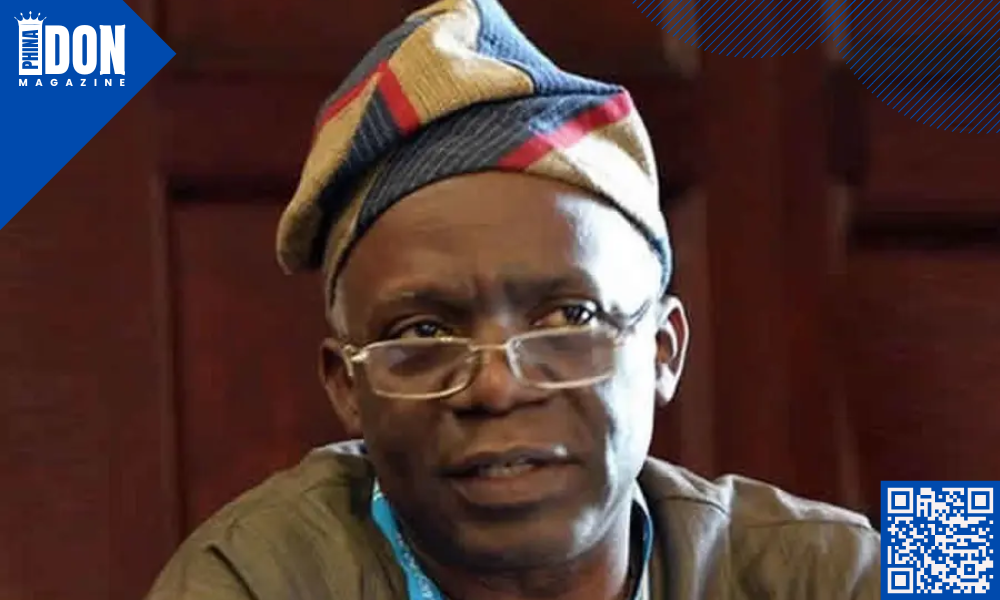News
Trump prohibits transgender individuals from serving in the U.S. military.

On Monday, former President Donald Trump signed four executive orders that significantly impact military policy, particularly regarding transgender service members and diversity initiatives within the armed forces. One of the most notable orders reinstates a ban on transgender individuals enlisting and serving openly in the military, echoing a policy from his first term in office.
Titled “Prioritizing Military Excellence and Readiness,” this executive order rescinds a directive implemented by President Joe Biden, which had permitted transgender individuals to enlist and provided coverage for transition-related medical care for those already in service. The order articulates that the U.S. government aims to uphold high standards for military readiness and cohesion, asserting that the presence of individuals with gender dysphoria is incompatible with these standards. It further critiques the use of pronouns that do not align with an individual’s biological sex.
While the order establishes new guidelines, it is important to note that the implementation will not be immediate; current transgender service members will not be expelled from the military right away. This development follows closely on the heels of another executive order signed by Trump, which prohibits transgender women from being housed in female federal prisons.
These actions have reignited the debate over military inclusivity and the rights of transgender individuals in service, reflecting a broader national conversation about diversity, equity, and inclusion in various sectors. As the implications of these orders unfold, the military and its personnel will navigate the complexities of these new regulations in the coming months.
News
Kwara Police Investigate Officers Over Extortion of Offa Poly Student

In a developing story, the Kwara State Police Command has launched an investigation into allegations against some police officers who extorted N200,000 from a student of Offa Polytechnic. The incident has sparked concern and calls for accountability within the police force.
According to reports, the student was reportedly targeted by the officers during a routine check, but instead of following proper procedures, they allegedly demanded a bribe to avoid further harassment. The victim later reported the incident to the authorities, prompting an internal investigation.
The police in Kwara State have assured the public that they do not condone such behavior and are committed to restoring public trust through transparent investigations. The officers involved are currently being scrutinized, and if found culpable, they could face disciplinary action, including dismissal.
This case highlights ongoing issues of police misconduct and extortion that have often plagued various regions in Nigeria. It also underscores the importance of community and individual vigilance to ensure that law enforcement agencies act within the bounds of the law.
As the investigation unfolds, many are hopeful for justice and a renewed commitment to integrity within the police force. The Kwara State Police Command has urged anyone with additional information regarding the incident to come forward to aid the investigation.
This incident serves as a stark reminder of the need for continued oversight and reform in Nigeria’s law enforcement institutions, ensuring that officers serve and protect citizens without abuse of power.
News
Bandits Attack Zamfara Community, Abduct 20 Women and Girls

In a distressing incident in Zamfara State, bandits launched a vicious raid on a local community, abducting 20 women and girls. The attack took place early in the morning, catching residents off guard and instilling fear across the area.
According to reports, the bandits stormed the community, armed and determined, and forced their way into homes. The victims, mostly women and young girls, were taken away against their will, leaving families devastated and community members on high alert.
The local authorities and security forces have since responded to the incident, with efforts underway to rescue the abducted individuals and restore peace to the troubled area. However, the situation highlights the persistent security challenges facing Zamfara and surrounding regions, where banditry and kidnappings have become increasingly common.
Residents are appealing to the government for stronger security measures and urgent intervention to ensure the safe return of the victims. The community remains tense, awaiting further updates as the search and rescue operations continue.
This incident is yet another reminder of the urgent need for sustained action to curb banditry and restore safety to vulnerable communities in Nigeria. We at Phindon Magazine will keep monitoring the situation and provide updates as more information becomes available.
Our thoughts are with the families affected by this tragedy. Let’s continue to advocate for peace and security in our communities.
News
Falana Condemns Unlawful Street Renaming in Lagos.

Human rights lawyer and Senior Advocate of Nigeria (SAN), Femi Falana, has issued a strong condemnation of the ongoing trend of renaming streets and public spaces in Lagos State without adherence to constitutional procedures or resident consultation. Falana describes these actions as unlawful and undemocratic.
In a recent statement, Falana specifically criticized the renaming of “Charley Boy Bus Stop” to “Baddo Bus Stop” by the former chairman of Bariga Local Council Development Area (LCDA), Mr. Kolade Alabi. He further cited instances of streets named after President Bola Tinubu, Governor Babajide Sanwo-Olu, and alleged street naming by industrialist Aliko Dangote in honor of the late Mr. Herbert Wigwe and President Tinubu.
Falana asserts that these actions contravene the 1999 Constitution (as amended), which grants local government councils the exclusive authority for naming and numbering streets. He referenced the legal precedent set in Chief Obidi Ume v. Abuja Metropolitan Management Council, which affirmed the Abuja Municipal Area Council’s sole authority over street naming within its jurisdiction.
Falana emphasized that the “usurpation of the exclusive functions of local governments on street naming by certain individuals and Local Council Development Areas in Lagos State cannot be justified under the Nigerian Constitution.” He highlighted the historical significance of the Charley Boy Bus Stop, arguing that its renaming without community consultation represents authoritarianism.
Furthermore, Falana expressed concern over the retention of colonial-era names while targeting names honoring Nigerians with positive societal contributions. He urged local government legislative arms to end arbitrary renaming practices, implement transparent processes with public hearings, and ensure community involvement in such decisions.
Falana concluded by stating that street names should not be altered arbitrarily to cater to the whims of political leaders or promote ethnic chauvinism, particularly in a cosmopolitan city like Lagos.





















